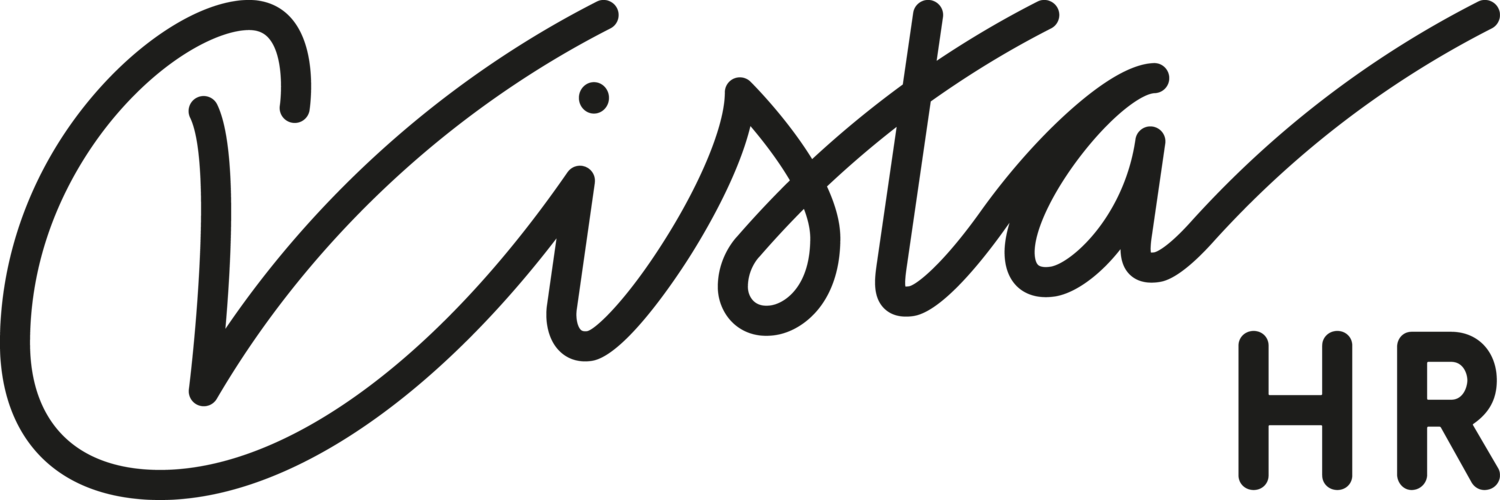There is a lot of stress on the importance of achieving work-life balance, especially for those who are in hectic office hour jobs, required at their desks from 9 to 5, and on their phones around the clock. Technology not only made it easier for work to be completed, it also opened up modes of communication that currently allow employers to reach their employees instantly, on a 24 hour basis.
What is a good work-life balance?
It is when work is contained during specific working hours, in the right environment at a comfortable, manageable pace, and other aspects of life — such as family, friends and personal well being – are paid attention to and properly prioritized. While it may be getting harder to maintain such an ideal lifestyle, here are some markers to see if the current work-life balance arrangement is working out:
NO EMAILS, CALLS AND MESSAGES AFTER
Step away from the constant bombardment of emails, calls and messages from work. If this step is hard for you, then there is still a lot more to be done in order to maintain a proper balance between work and life. Leave work at work, and learn to let go of your availability around the clock.
Yes, it feels really good to be indispensable. But time is something that cannot be earned back, no matter how much work you try to fit into it. Do not make the mistake of giving it all up for a speedy email reply or a 4am Whatsapp message from your boss. Instead, make the intelligent choice of investing a significant portion of it on yourself in order to better your quality of living for better work productivity.
MAKE YOUR OWN RULES
Following the rules may be crucial in the society’s guidebook, but sometimes, breaking out of these rigid standards are a good way to measure how much you rely on them previously. There is a shift in the way things are being done in the workforce today, and one of the ways to adapt to them are to make your own set of rules and go ahead with it.
For example, working at home is a great way to maintain a healthy work-life balance. On one hand, you are able to maximize the time spent between work and home and/or family, and on the other, increase the time divided among the two to ensure that nothing is left behind on the schedule. Instead of worrying about showing up at the office, concentrate on producing quality work.
RETIREMENT IS ALREADY ON YOUR MIND
It is important to have a backup plan, and a plan worked on from young is one that is bound to repay at a later date.
This will also help to determine what exactly is the goal of the everyday work. There is no point in working everyday when it is just to survive, instead, concentrate on what makes you special, such as hobbies and quirks, and find a way to infuse it into work. People who have set hobbies or pastimes will also be able to release stress better, ensuring a better work-life balance overall.

